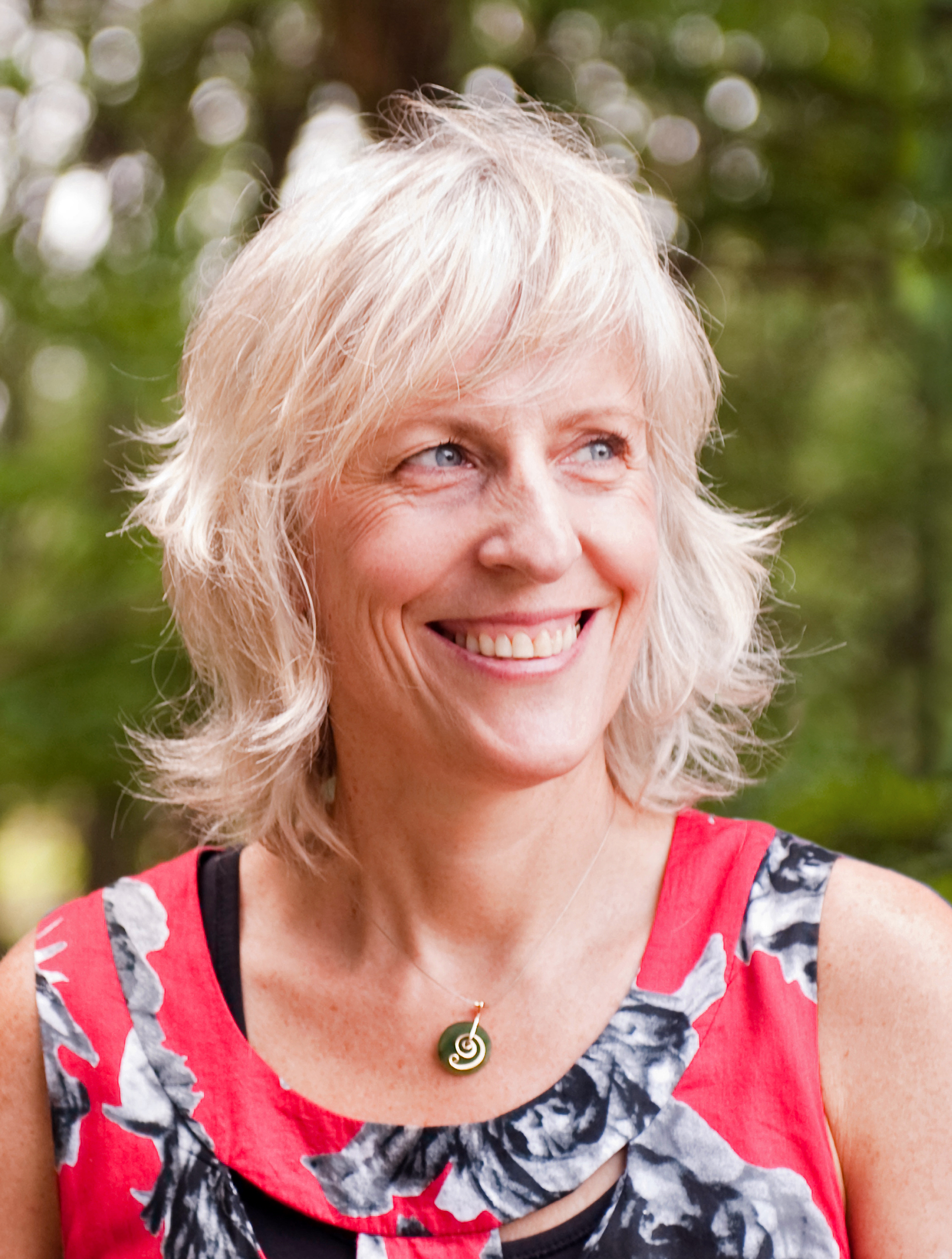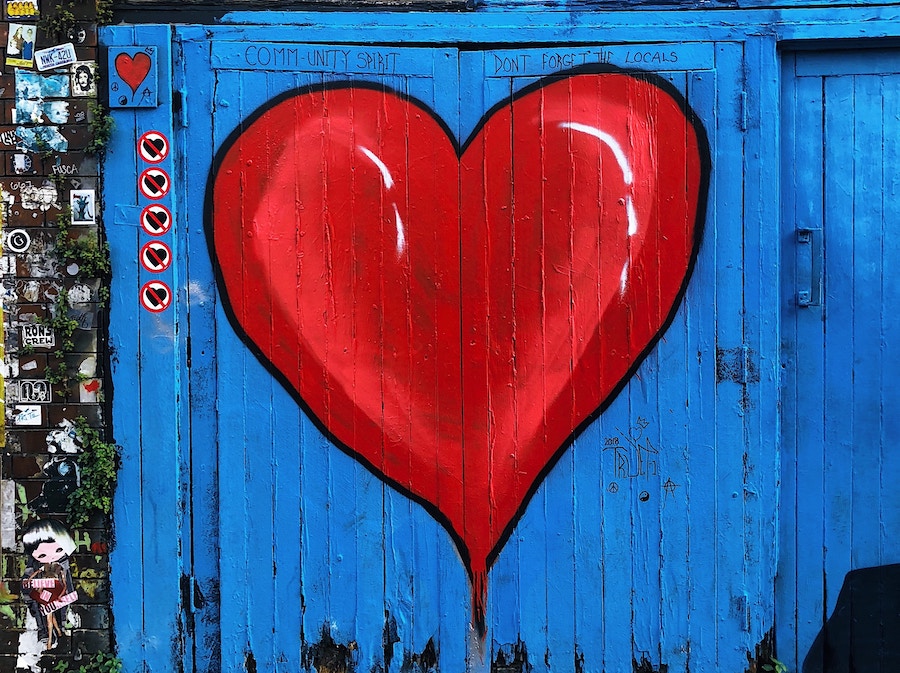As we enter week four of lock-down in the UK many different responses are emerging: some of us are starting to fray; some of us are climbing the walls; some of us, meanwhile, are relishing the space and quiet. Nature is delighting in the absence of noisy humans cluttering the world, and spring is bountiful as the weather warms. There is loneliness. There is beauty. There is angst. There is silence. There is grief. There is death. There are tulips. There is blossom. My heart is stretched wide to encompass all this. Sometimes it feels a pleasant stretch and at other times, bewildering.
It seems likely this lockdown will continue for several more weeks. How can we meet these millions of moments in a way that keeps us sane, open and loving?
Three words came to me as I reflected on this yesterday: the three C’s of Calm, Care and Connection.
This means we cultivate a foundational mindfulness practice of stability and calm; open our hearts to meet whatever is arising with care; and cultivate a sense of connection with others.
CALM
Many of us will be experiencing the turbulence of ‘Fight, Flight or Freeze’ responses as the sympathetic wing of our nervous system is triggered by feelings of threat. Quite rightly, on a deep and existential level, we know that our species is under siege from the virus. We might feel tense, agitated, adrenalized, controlling or helpless. All these feelings are normal. We need this aspect of the nervous system to function well so we can respond to any danger. It keeps us safe. But if we stay in a continual state of adrenaline in response to on-going threat, like the continued presence of the virus in the world, it can wear us down. It’s important we find ways to ‘dial back’ the fight/flight/freeze response whenever we can.
A brilliant way to do this is simply to breathe fully. When we allow the out-breath it’s full expression we bring on-line the parasympathetic wing of the nervous system which stimulates calm. When we focus on breathing into the back of the body, this response becomes even stronger. As many times as you can during the day, stop, feel your feet on the ground. Let go into gravity and BREATHE. Feel the movements and sensations of breathing in your belly, your back and soften around the jaw and base of the skull. If you do this regularly your brain, nervous system and mind will be grateful.
CARE
I hear from many people that they feel inadequate during these times. Either they think they should be doing more to help the ‘war effort’, for example by volunteering; or they compare themselves to other Mums and come up wanting under the glare of the comparison. They think they shouldn’t get cranky or have sleepless nights. Many of us think we should be coping better than we are. We judge our reactions and feelings and pile on the layers of misery. If you’re having these kinds of responses, it might help to reflect that you’re not alone. These are truly exceptional times and a lot is being asked of everyone. There are probably few people who aren’t having periods of agitation and disquiet as we navigate these choppy waters.
One thing we can do is remind ourselves that all of us are doing our best. Even when our best seems so insufficient and inadequate compared to some lofty ideal. Oftentimes there is a quiet heroism to our small attempts to meet the challenges in front of us. What would it be like to celebrate this and greet our experience with kindness and acceptance rather than judgement and criticism?
When you stop and breathe, see if you can imbue the rhythm of breathing with care and kindliness – treating yourself the way you’d naturally treat someone you loved. See if you can drop into acceptance, forgiveness and a deeper ease.
CONNECTION
I’ve been reflecting on how the virus is a great leveller. We’re all in the same boat. More than 50% of the world’s population is in some kind of lock-down with billions of people experiencing a loss of freedom. Anyone can get sick as the virus is indiscriminating. It will enjoy any human host that comes its way.
Although many are using the language of war, it is a highly unusual war. For once, it is not human fighting human, but it is the entire human race against the virus. We are banding together, as a species, to overcome this threat. That’s quite remarkable and I am deeply moved by feeling of shared humanity during these times. In country after country, people gather outside their homes to clap and bang saucepans to thank the front-line workers. Every time I see this I cry. I think it’s the combination of people celebrating goodness that moves me so deeply, along with the shared expression of gratitude. In these moments the universe seems put to right.
Even if we are physically isolated it can help to consciously bring to mind shared humanity. There’s a teaching from Tibetan Buddhism that says: “whatever you are experiencing, think of others”. This doesn’t in any way mean that you should deny your experience. What it means is that any experience can be a gateway to empathy. We can use any experience as an opportunity for connection and a sense of commonality, rather the more usual tendency to shut down around feelings of isolation and separation.
You can be sure that someone, somewhere, right now, is experiencing something similar to you. Breathe into this shared humanity and send them and you a moment of love.
A free resource on self-care in challenging times


